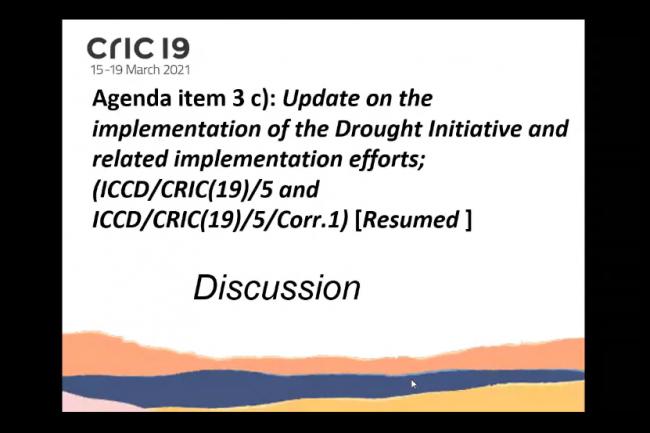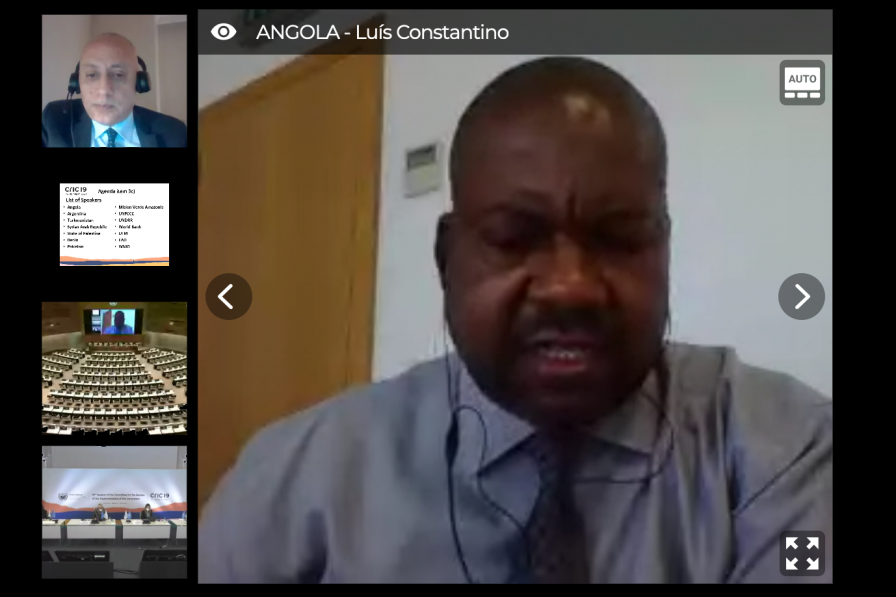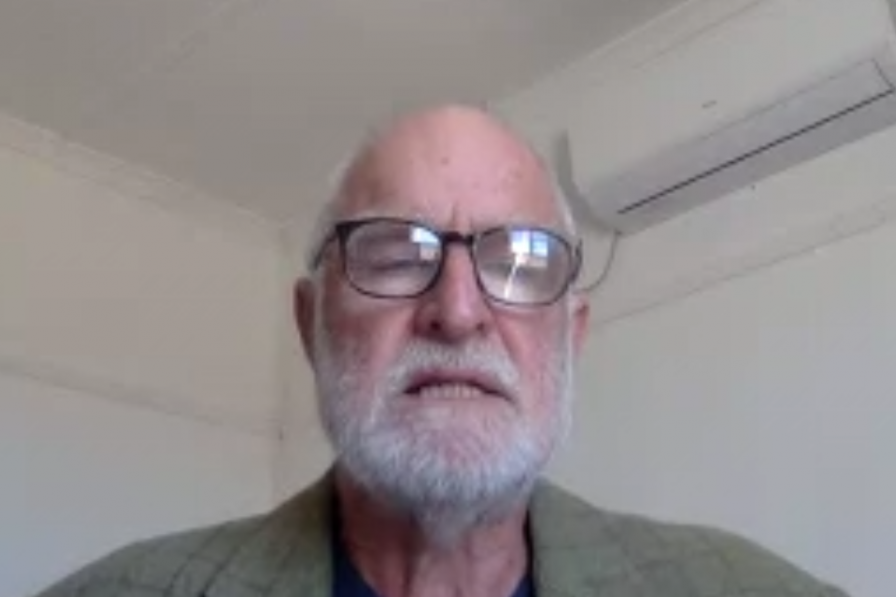On Thursday, CRIC 19 resumed its discussion of the three UNCCD policy frameworks on drought, gender and land tenure. On drought, several speakers noted that while it is exacerbated by human activities, drought is a naturally occurring and cyclical phenomenon that cannot be “solved” but managed through proactive measures that help strengthen resilience, such as water conservation, and planting drought-tolerant crops and other sustainable practices. On modalities for channeling support, there were calls to link international programmes in the three policy areas to country priorities and planned actions.
The Committee then turned its attention to the interim report of the Intergovernmental Working Group (IWG) on effective policy and implementation measures for addressing drought under the UNCCD. In his introductory remarks, IWG Co-Chair Gaius Eudoxie said the Working Group’s mandate included: reviewing existing policy, implementation and institutional coordination frameworks on drought preparedness and response; and considering options for appropriate policy, advocacy and implementation measures for addressing drought effectively under the Convention, bearing in mind the context of a wider holistic and integrated approach to disaster risk reduction. Eudoxie also provided an overview of the work of the four IWG task groups focused, respectively, on policy and governance, resources and incentives, vulnerability and assessment, and monitoring and early warning.
Responding to the IWG report, some speakers reiterated that drought is a global phenomenon that significantly impacts a large area of the world, and called for a global legally-binding instrument to ensure concrete action is taken. Many developing countries made the case that mitigating the significant economic burden associated with frequent drought events would require dedicated financial resources, including to invest in adequate early-warning systems. However, others favored enhancing collaboration with existing international programmes and specialized institutions working on drought, such as those coordinated by the World Meteorological Organization (WMO), Global Water Partnership, or the Food and Agriculture Organization of the UN (FAO).
A number of countries expressed reservations about introducing new terminology, such as nature-based solutions or agroecology, into existing monitoring and reporting processes, noting these concepts have not been sufficiently scrutinized by established multilateral environmental agreements. Many speakers however agreed on the need to better capture and share drought management experiences at different levels in order to promote good water and land management practices.









